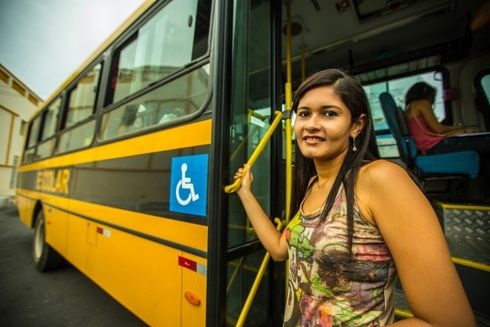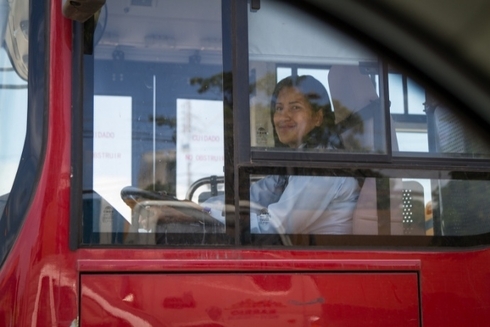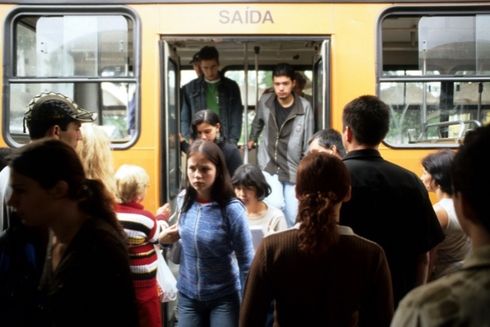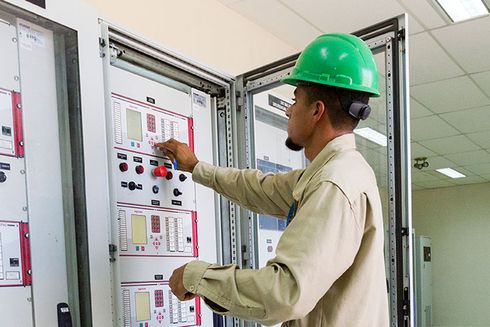
Bogota has a very sophisticated BRT (Bus Rapid Transit) system that transports more than 4 million people per day. The buses used are based on diesel technology, which have significant impact on GHG emissions. Currently, concessionary firms are not obliged to invest in electric or hybrid buses, and the challenge is to motivate them to invest in a more sustainable technology and avoid the increase of tariffs to the end users.

The main barriers of electric and hybrid bus technologies include high upfront investments; technology is perceived to be high risk, especially in relation with batteries storage; limited number of suppliers that are able to provide local aftersales service; and the strong foothold of businesses in the diesel engines and reluctance to shift technology, develop new mechanics expertise, and establish new relationships for importing spare-parts. The battery system represents at least 50% of the total cost of electric buses and there is no market evidence that technology (given the fact that it is a new technology development) may last the estimated lifespan period.

The objective of the programme is to scale up the use of sustainable urban transportation systems (electric and hybrid technologies) by using smart financing and strategies that are able to engage the private sector in investing in electric and hybrid urban buses.
IDB, Bancoldex (A National Development Bank), the Clean Technology Fund, the municipal government of Bogota, and in partnership with C40 and BASE (Basel Agency for Sustainable Energy), developed a strategy composed of a financial mechanism and a set of measures to increase the investment attractiveness of electric and hybrid urban buses, and reduce the investment risk of the technology for the investor. The CTF concessional resources, intermediated through Bancoldex, were used to co-finance with first-tier commercial banks on a pari-passu basis the acquisition of the buses. The blended financing had special terms and conditions that made them attractive for investors.

Some of the measures that were implemented to complement the financing strategies were:
- Negotiations with suppliers to cut out the cost of the battery system from the cost of the bus, and offer the battery system under a leasing scheme per usage (kilometre). This measure reduced the perceived technology risk of the storage technology.
- Negotiations with Transmilenio, the public entity that coordinates Bogota’s public transportation system, to allow electric buses owners to benefit from bus advertising rental space. Currently diesel buses are not allowed to profit from bus advertising space.
- Negotiations with the Bogota’s Department of Environment for allowing investors to postpone the obligation to invest in certain number of exhaust particle filters for their diesel buses in exchange for every electric bus acquired.

World Award "Climate Leadership and the City", awarded by the C40 Climate Leadership Group and Siemens.
The Manager of Transmilenio, Fernando Sanclemente, said during the award ceremony, "London rewards us today, to continue in this goal to be the system that evolves into clean energy. Hybrid buses (diesel-electric) which they will roll for the 7th street. Electrically powered buses on the highway and Caracas Ave. in the future and Electric buses already tested for SITP". -September 2013-
Discover the topics in which we work to improve lives in Latin America and the Caribbean.
Explore our offices across countries and the work they do to improve lives.

